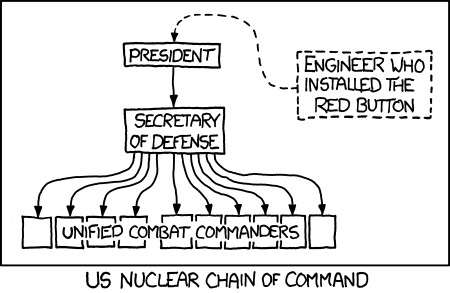 |
| Judith McHale. Source |
Finding a replacement to lead U.S. public diplomacy and public affairs is a challenging task--one to which bloggers everywhere will no doubt feel themselves called.
Allow me to start the ball rolling here:
Robert Redford
Redford has experience in government, and we know he thinks outside the box and won't stand for government corruption. Plus, he's already got experience with cultural diplomacy, as evidenced by the Film Forward: Advancing Cultural Dialogue initiative, in which his Sundance Institute partners with the President's Committee on the Arts and the Humanities and other federal cultural organizations to promote cross-cultural dialogue via independent film.
Oprah Winfrey
She inspires near cultish devotion and encourages people to live their best lives. She's big on dialogue and collaboration, but has no patience for those who stretch the truth to their own advantage. Plus, as I understand it, she'll have more time on her hands soon.
Chuck Norris
He speaks softly and carries a roundhouse kick. And the U.S. recognizes the need to balance public and traditional diplomacy with realist geopolitics, or "diplomacy with a punch." Norris is no stranger to politics, as his 2008 endorsement of presidential hopeful Mike Huckabee demonstrates. And he could rival Oprah for fan devotion. Plus, he's pretty sure he did two tours in Iraq.
Tai Shan
 |
| Yes, I realize I have a problem. Source |
Ashton Kutcher
If you read this blog regularly, you'll know I'm not a Kutcher fan. But he is adept at the Twitter, and the State Department is making a major effort to embrace new media in its public diplomacy outreach. As he recently tweeted with great sagacity: "A follower a day keeps the haters away." Isn't that just the twenty-first century redux of "telling America's story"?
Betty White
Why not? She seems to be everywhere these days, demonstrating an admirable talent for both innovation and branding.
Got more suggestions for celebrity PD leaders? Throw 'em down in the comments section.











